Keynotes & General Panels
Each day of the technical program will be highlighted by a keynote presentation and/or a panel held in the general room. These keynote & panel sessions promise to offer valuable insights and perspectives from distinguished speakers, enriching the conference experience for all attendees. Get ready to be inspired and informed with engaging discussions.
TUESDAY, SEPTEMBER 17
OPENING KEYNOTE & PANEL SESSION
Why ML/ARD Remains an Intractable Issue – A Discussion of the Challenges and Potential Solutions
8:30 to 10:00
The plenary session will feature a keynote presentation followed by a panel of leading experts in the field, offering valuable insights into the latest advancements and challenges in acid rock drainage and mine waste management. It’s a unique opportunity to gain fresh perspectives, engage in discussions, and network with peers from around the world. Join us as we kick off the conference with this inspiring and informative event.

Keynote & Moderator
William (Bill) Price, Natural Resources Canada
Biography
Bill Price, Natural Resources Canada
William (Bill) Price works for the Canadian government. His present work on ML/ARD includes advising mining companies, regulatory organizations, and indigenous groups, writing guidelines, teaching courses, creating and reviewing research, membership on BC’s only public advisory committee, and organizing the BC MEND ML/ARD workshop, which is recognized as one of the best annual mine environment events in North America.
Previously, he worked for the BC Mining Association and as a consultant.
Earlier in his career, Bill was instrumental in establishing new standards for ML/ARD prediction methodology, standards that are now accepted and applied throughout the world.
Panelists:

Charles Dumaresq
VP, Science and Environmental Management - Mining Association of Canada
Biography
Charles Dumaresq is Vice President, Science and Environmental Management with the Mining Association of Canada (MAC). He joined MAC in 2015, assuming a lead role on MAC’s work related to tailings management. He continues to lead work on continual improvement of MAC’s world-leading standard and guidance on tailings management. He was a member of the Advisory Group for the Global Tailings Review that developed the Global Industry Standard on Tailings Management, released in 2020. He was also a lead author of the International Council on Mining and Metals’ Tailings Management Good Practice Guide, released in 2021.
Charles has been the chair of the Steering Committee for the Canadian MEND program since 2015, and from 2002 to 2014, Charles represented Environment Canada on the Steering Committee.
Prior to joining MAC, Charles worked for 22 years with Environment Canada, Canada’s federal environmental regulatory agency. He was a subject matter expert on mining, working on regulatory and policy development, reviewing environmental assessments of mining projects, and leading the development of best practice guidance for metal mining.
A geologist by training, he has a master’s degree in Earth Sciences. He conducted graduate research examining tailings geochemistry and water quality impacts associated with early 20th century silver mines in northeastern Ontario.
Dr Rosalind (Ros) Green
Principal Geochemist -
Rio Tinto
Biography
Ros is a leader in mineral waste management and geochemistry, bringing more than 25 years experience, with the last 19 years as a subject matter expert within Rio Tinto. She has extensive experience in all aspects of mineral waste management from exploration, operations and mine closure. She currently supports Rio Tinto’s Copper group and is leading mineral waste studies across several feasibility studies and supporting Rio Tinto’s Copper assets. Ros and her team were instrumental in winning the INAP AMD leading practice award for their work at Rio Tinto’s Pilbara operations.
Colleen Atherton
Senior Geochemist -
Geosyntec Consultants
Biography
Colleen Atherton, Senior Geochemist at Geosyntec, has wide ranging experience that includes working in exploration, at active mine sites, supporting closure research, and providing consulting solutions to mining clients.
In her experience, she’s noted several consistent issues in ML/ARD characterization and management:
- competing priorities from communities, regulators, and within an active mine site.
- the variability of ML/ARD characteristics within mine components.
- accounting for heterogeneity when scaling from lab tests to modeling to full-scale implementation.
- long timelines for ML/ARD generation compared to characterization and permitting timelines.
If there is one key consideration, it is that each site is unique and there are no one-size-fits-all solutions.
WEDNESDAY, SEPTEMBER 18
GENERAL PANEL SESSION
Starting the second day of the technical program with the General Panel Session, the topics will include advances in managing Acid Rock Drainage (ARD) such as new technologies, regulatory changes, and community engagement efforts. The panel will also discuss challenges, risks, and barriers to innovation in this field, identify priority areas that need innovation, and explore what needs to be done differently moving forward. Additionally, the session will address whether enough attention and funding are being directed toward ARD and metal leaching (ML) issues.
Panel: Innovation in ARD/ML Management: advances and needs

Moderator: Janice Zinck
Executive Director, Geoscience and Mines, Nova Scotia Government
Panelists confirmed to date:
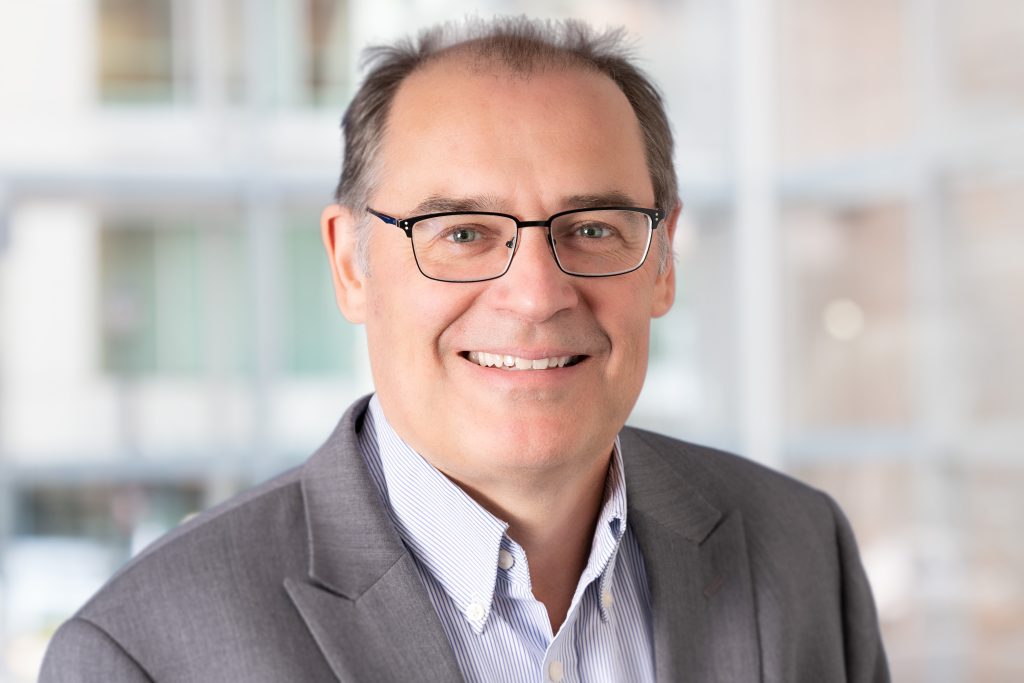
Rens Verburg
Senior Vice President and Technical Fellow - Geochemistry, WSP USA Inc.
Biography
Rens Verburg, Senior Vice President and Technical Fellow – Geochemistry, WSP USA Inc.
Dr. Rens Verburg is a Senior Vice President and Technical Fellow – Geochemistry in the Redmond/Tacoma offices of WSP, with over 30 years of experience in geochemical evaluation of environmental issues related to mining and mineral processing. He received a master’s in Geochemistry and Economic Geology from Utrecht University in the Netherlands and a doctorate in Geochemistry and Mineralogy from the Pennsylvania State University. Rens has been involved in numerous geochemical studies at mining and mineral processing operations worldwide. He was the Project Director for the development and subsequent updates of the Global Acid Rock Drainage (GARD) Guide on behalf of INAP

Chris Kennedy
Director, Water for Teck Resources Ltd.
Biography
Chris Kennedy, Director, Water for Teck Resources Ltd.
Chris is the Director, Water for Teck Resources Ltd. and is responsible it’s water governance program, technical regulatory support, and setting strategic development of new water management approaches and technologies. He has over 20 years of experience working in academia, mining finance, consulting, and two senior mining companies. Chris’ technical expertise includes how to predict the geochemical reactivity of mine waste, microbial mine-waste interactions, and mine waste management.

Bob Seal
Senior Research Geologist, US Geological Survey
Biography
Robert Seal, Senior Research Geologist, US Geological Survey
Bob is a senior research geologist with the US Geological Survey based in Reston, Virginia, where he has worked for over 35 years. He received his PhD from the University of Michigan in 1989. He specializes in the environmental geochemistry of mining. He is currently leading a new scientific effort to investigate the resource potential of mine waste, particularly for critical minerals. Bob collaborates with a variety of stakeholders including the mining industry, environmental consultants, academia, government agencies, tribal groups, and other non-government organizations. He frequently serves as a technical advisor for the US Environmental Protection Agency and other government agencies on mining related issues. He has presented a number of workshops, short courses, invited lectures, and capacity building efforts internationally, including Afghanistan, Peru, New Zealand, Canada, and India.
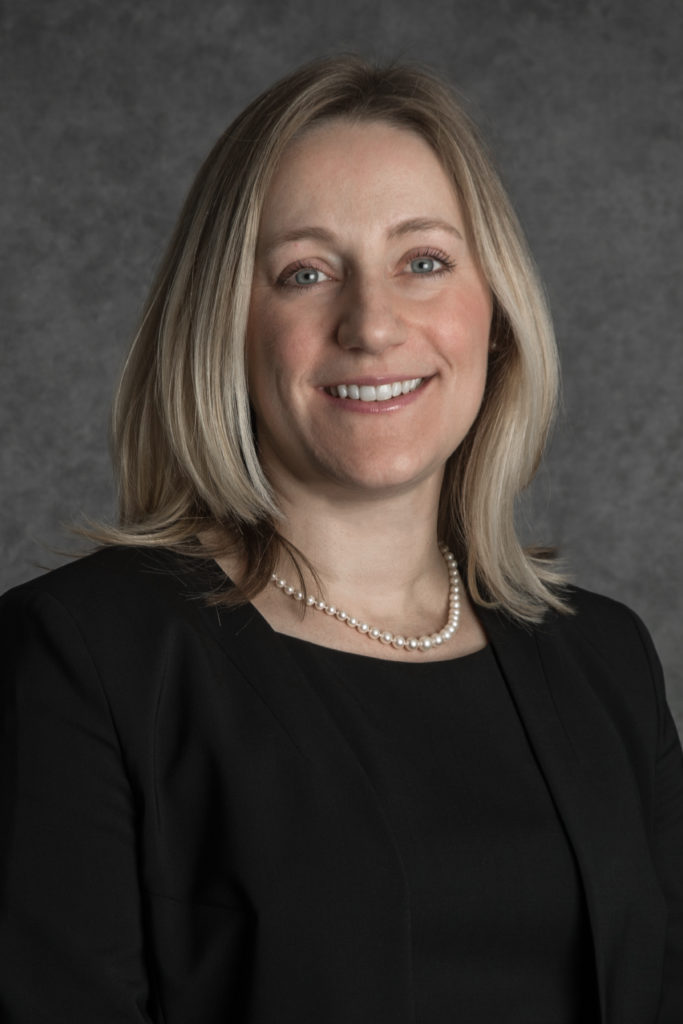
Helen Harper
Director, Closure and Reclamation, Glencore
Biography
Helen Harper, Director, Closure and Reclamation, Glencore
THURSDAY, SEPTEMBER 19
CLOSING KEYNOTE & PANEL
15:30 to 17:00
The Closing Keynote & Panel will offer a review of the technical presentations, including a diverse range of topics addressed throughout the conference. The technical topic chairs will summarize key insights and innovations discussed, reflecting on the advancements and challenges in acid rock drainage and sustainable mining practices. This session will provide attendees with an integrated overview, highlighting the conference’s contributions to the field and setting the stage for future research and collaboration.

Keynote
Gilles Tremblay, Technical Manager, International Network for Acid Prevention (INAP)
Biography
Gilles Tremblay is the Technical Manager of the International Network for Acid Prevention (INAP).
Mr. Tremblay also coordinates activities jointly with the Global Alliance, which has organizations working on acid prevention in Australia, Canada, Europe, South Africa, South America and USA.
He is also involved in the review and update of the GARD Guide, a leading practice guide for the prevention of mine-impacted waters and with the organization of the ICARD series of conferences.
Prior to joining INAP Gilles worked for the Government of Canada for more than 33 years coordinating large multi-party R&D consortia related to environmental issues affecting the mining industry.
Key activities include managing the Mine Environment Neutral Drainage (MEND) Program on acidic drainage and the National Orphaned/Abandoned Mines Initiative (NOAMI).

KEYNOTE: Mitch Warner
Managing Partner, Arbinger
Our opening keynote will address the importance of building trust and changing our mindset to adapt to different cultural communities.
PLENARY: BUILDING TRUST
The relationship between miners, communities, governments and the planet. How to be humble regarding the past, transparent about future plans.

Panelists:

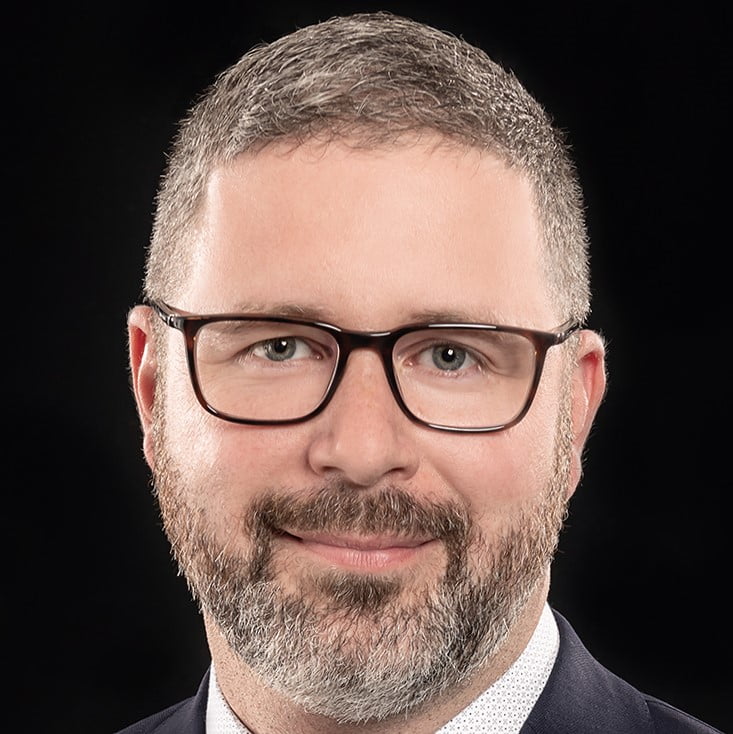
David Cataford
CEO & Director, Champion Iron

Philippe Couillard
31st Premier of Quebec

Ken Rock
General Director, Société de développement économique Uashat Mak Mani-Utenam
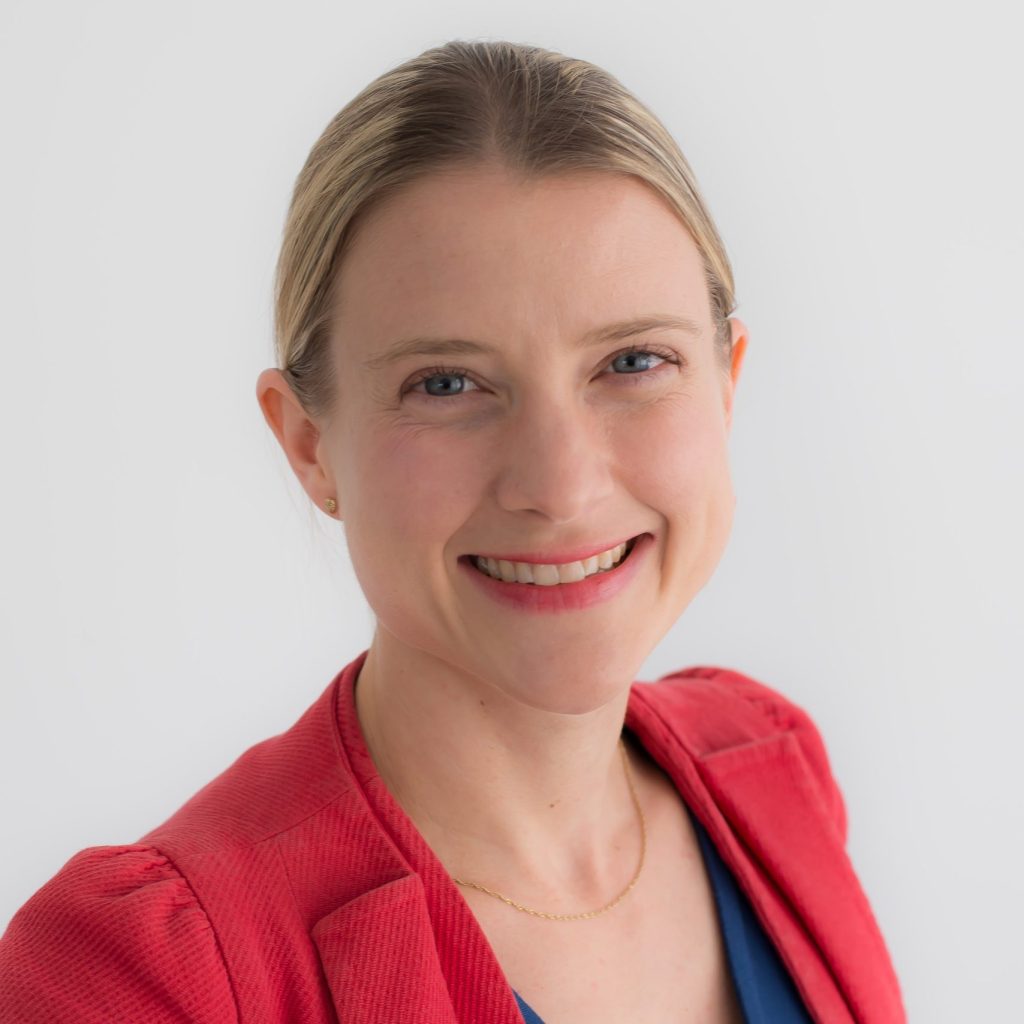
Nadja Kunz
Assistant professor, The University of British Columbia

MODERATOR: Angelina Mehta
General Manager, Joint Ventures at Rio Tinto Aluminium

MODERATOR: Angelina Mehta
General Manager, Joint Ventures at Rio Tinto Aluminium
An Update on the International Network for Acid Prevention
Abstract
Mining activities include the extraction and processing of economic minerals as well as the movement and storage of the waste rock and tailings, some of which may be reactive producing Acid and Metalliferous Drainage (AMD). This can impact operations and lead to a high level of residual risk/liability at the cessation of mining which may delay or prevent effective closure and lease relinquishment. Responsible management of these reactive materials throughout the operational phase of mining and for the entirety of mine’s life cycle inclusive of post-closure is therefore critical for the mining industry´s current and future success.
The International Network for Acid Prevention (INAP) is an international network of mining companies that was proactively formed by mine operators in 1998. Twenty-five years later, INAP continues to drive globally recognized leading practice in AMD risk management so that all mining companies can operate sustainably in their respective environments across the asset life cycle. This is achieved though mining industry-led collaboration, knowledge development, and sharing of outcomes.
INAP programs and activities are focused on the reduction and management of AMD and, as such, can greatly assist in minimising the issues around residual risk which may present as a major barrier to operational performance and achieving successful mine closure. As INAP enters its next 25-year period, a review of the Strategic Plan is currently underway to ensure that INAP continues to add value and deliver in emerging and strategic areas, particularly given the pace of change which the industry needs to embrace to remain viable and relevant.
In addition to management of AMD, INAP has recently expanded its focus to thoroughly embrace prevention of AMD. In this presentation, examples of leading practices including source control work targeting the prevention and reduction of AMD, through better mine rock stockpile construction techniques will be presented. The paper will also consider how INAP is working to make the global ARD guide (GARD Guide) more effective and useful to all stakeholders worldwide, along with an update on current and future projects. INAP’s key role in bringing the global technical and regional ARD alliance together will also be briefly discussed.
